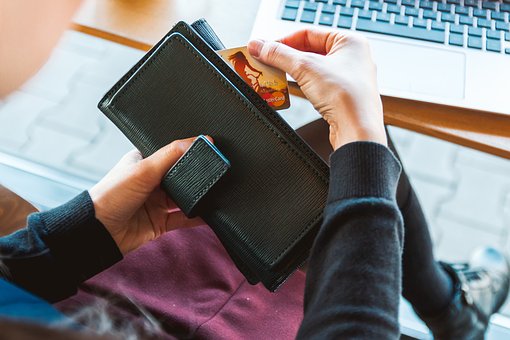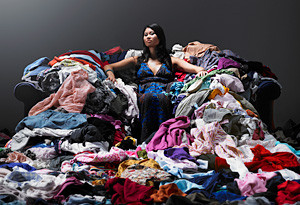THE DISADVANTAGES OF NOT HAVING A BUDGET
A budget can be defined as an estimation of the proposed expenses and revenue which are bound to occur over a given period of time in the future.
It is mostly complied and reassessed from time to time. Budgets can be done on an individual basis, it can also be done for a family, a business entity, the government, the country amongst others. Basically, anyone who has a major or minor involvement with money, would certainly need a budget.
Having a budget is essential, as it helps you to effectively watch and plan your spending. However, if you do not have a budget, you would realize that your financial prudence is nothing to write home about, as you would spend more than required.
Below are the disadvantages which are inherent in not having a budget:
- You would easily get into debt: This is one of the common happenings when you do not have a budget. When you have various expenses, and you find it hard to arrange them in order of preference, you would realize that there is a need to fully satisfy yourself. Hence, you would find yourself borrowing so that you can buy all that you need. However, when there is a budget in place, it would help you plan your spending; you would buy what you can afford in the present, and get the rest in the future.
- You would be taken aback by surprise expenses: Not having a budget implies that, there would be times when some expenses would spring up, and you would not know how to go about them. This is because there is no budget in place. A budget helps you to plan well ahead of time. Also on a budget, there would also be the inclusion of miscellaneous which suggests that, in case of unplanned expenses, you would be able to stand up to them within your financial capacity.
- You would not be able to save: When you do not have a budget, you would realize that it is very hard for you to save. This is based on the fact that the absence of the budget, did not pave way for you to track your spending pattern. You would be surprised to discover one day that you have nothing to account for in your savings.






